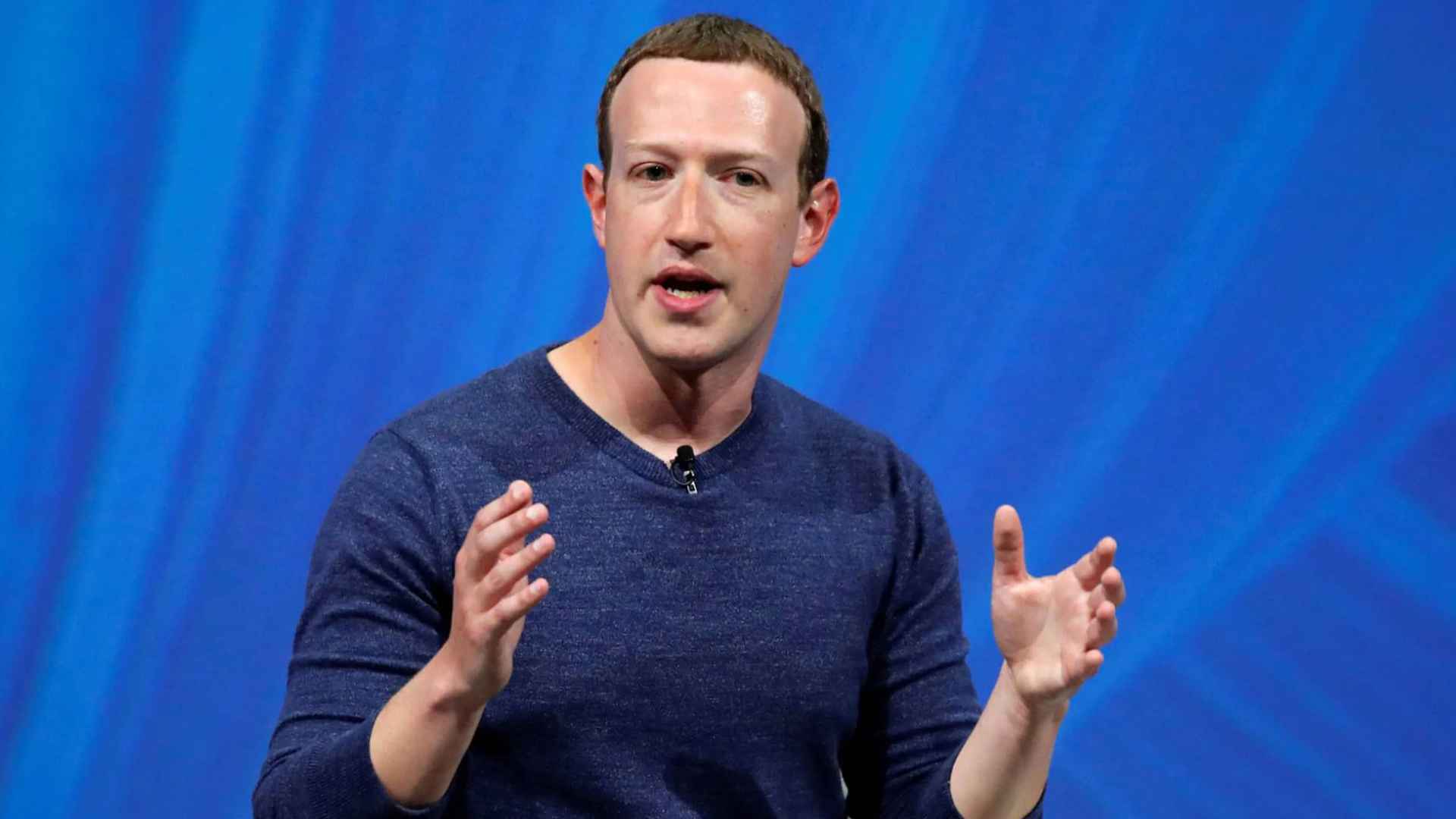Mark Zuckerberg is once again at the center of public attention. This time, it’s not about expanding his tech empire, but defending it. The U.S. Federal Trade Commission (FTC) has filed a legal case against Meta, accusing the company of “killer acquisitions” to stifle competition. If the court rules against him, Zuckerberg may have to part ways with Instagram and WhatsApp.
In proceedings that began on April 14, startling revelations came to light. One of the most striking is Zuckerberg’s own admission: Facebook is no longer the place for close connections. Instead, Meta now focuses on viral content and global trends. Want to know what’s really going on with Zuckerberg’s empire? Keep reading.
Unprecedented legal battle questions Meta’s strategy of purchasing potential competitors
During his testimony, Zuckerberg acknowledged a significant shift away from Facebook’s original purpose. He said that sharing pictures with old friends or catching up with relatives has been replaced by algorithm-driven feeds. At the same time, the trial spotlighted Meta’s earlier acquisitions, notably Instagram (2012) and WhatsApp (2014).
Zuckerberg defended these purchases, stating that both platforms thrived solely due to Meta’s investment. Curious how much Meta spent on these deals? Take a look at the table below:
| Platform | Year of Acquisition | Approximate Cost |
|---|---|---|
| 2012 | $1 billion | |
| 2014 | $19 billion |
These figures demonstrate how far Meta was willing to go to dominate the social media market.
Could Mark Zuckerberg’s admissions reshape the social media landscape forever?
The FTC argues that Meta’s objective is to eradicate any threatening competitor before it becomes too powerful. Internal emails presented in court show that Instagram was labeled a “terrifying threat,” and there was even a rejected $6 billion bid to acquire Snap in 2013. If the FTC succeeds, it could force Meta to sell Instagram and WhatsApp, potentially setting a legal precedent for other tech giants.
Who would benefit if Meta is dismantled? Many believe competition and consumers could see fresh alternatives, while critics worry about upsetting the balance of current digital services. Platforms like TikTok, YouTube, Reddit, and X (formerly Twitter) are also in the ring, cited by Meta as proof that it isn’t the only major player.
What legal experts say about the future of Instagram and WhatsApp under FTC scrutiny
Meta insists it doesn’t operate as a monopoly, pointing to ongoing competition. However, with more than 2 billion users across WhatsApp and Instagram, many question whether “bigger” really means “better” for consumers. If the judge sides with the FTC, the battle could intensify in a second phase of the trial, aiming to untangle Meta’s ownership of these platforms.
In the meantime, what’s next for Facebook’s transformation? One thing seems clear: the social media giant that once brought distant family members together is now fighting to keep its biggest acquisitions under one roof.
Whether Meta can hold onto Instagram and WhatsApp will shape not only Zuckerberg’s legacy, but also the future of tech conglomerates. If the FTC triumphs, other heavyweight companies like Google or Amazon might face similar challenges. In this high-stakes showdown, the outcome could redefine how the entire tech industry operates.

